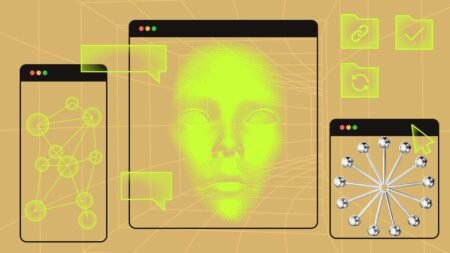The Gem Pad token launchpad recently experienced a security breach, resulting in an estimated $2.2 million worth of funds being exploited. The platform, known for facilitating token launches and sales, saw suspicious transactions indicating a breach of multiple chains and tokens. The Gem Pad team responded quickly to mitigate the hack, identifying a reentrancy in a token lock function as the root cause of the attack. Despite receiving a high security score from an audit by Cyberscope, a flaw in the GempadLock smart contract allowed the hacker to drain resources from multiple projects on Ethereum, Base, and BNB Smart Chain.
Following the exploit, the value of the GEMS token dropped to $0.11, adding to its decline throughout 2024. The attacker swapped the stolen tokens for ETH and BNB, impacting only a handful of projects on the Gem Pad platform. While the platform has since been deemed safe and back online, the Locker service remains unavailable until further notice. The affected projects, including Munch Protocol, Nutcoin Ecosystem, Anon, FOMO Network, and BPAY tokens, have faced varying degrees of drained liquidity and subsequent losses. Despite efforts to safeguard funds and maintain community trust, the hack has led to significant repercussions within these projects.
The Gem Pad attack highlighted the vulnerabilities inherent in smart contracts and token locks, emphasizing the importance of robust security measures in the rapidly evolving blockchain landscape. As Gem Pad continues to attract new projects and investors, the incident serves as a stark reminder of the risks associated with token launches and liquidity management. The prevalence of such attacks underscores the need for ongoing vigilance and proactive security measures to protect the integrity of decentralized finance platforms.
As the affected projects navigate the aftermath of the hack, the broader cryptocurrency market faces the challenge of rebuilding trust and resilience in the face of security threats. While Gem Pad has taken steps to address the breach and enhance its security protocols, the incident sheds light on the ongoing battle against cyber threats in the digital asset space. Moving forward, stakeholders must remain vigilant and proactive in safeguarding their assets and maintaining the trust of their communities amidst the ever-present threat of malicious actors seeking to exploit vulnerabilities in decentralized finance platforms.
Overall, the Gem Pad hack serves as a cautionary tale for the cryptocurrency industry, highlighting the importance of robust security measures, transparency, and accountability in protecting the assets and investments of all stakeholders. By learning from past incidents and implementing best practices in security and risk management, decentralized finance platforms can strengthen their defenses against potential attacks and build a more secure and resilient ecosystem for all participants. As the industry continues to evolve, the lessons learned from the Gem Pad hack will undoubtedly inform future developments in blockchain technology and help shape the future of decentralized finance.



















